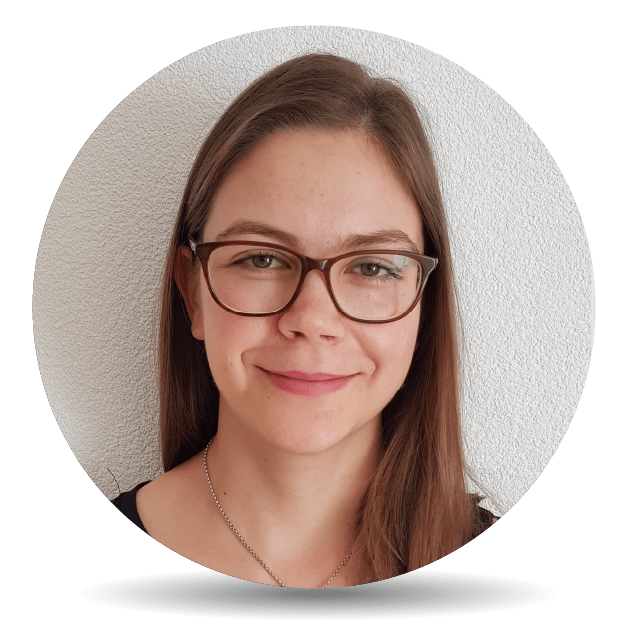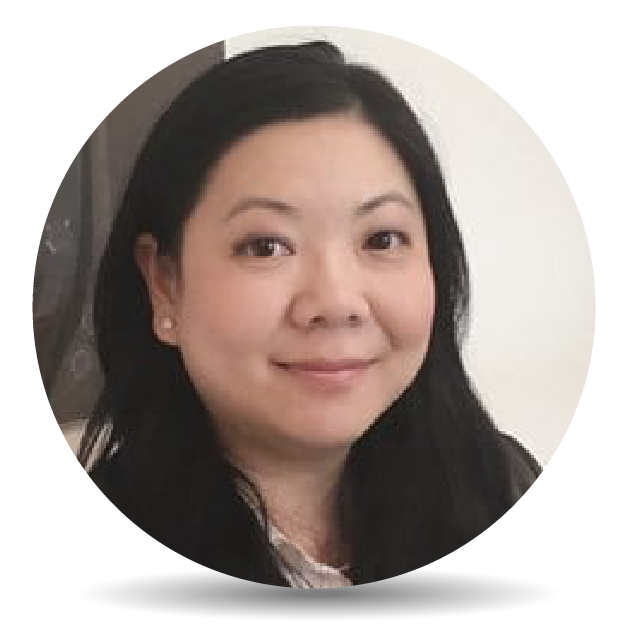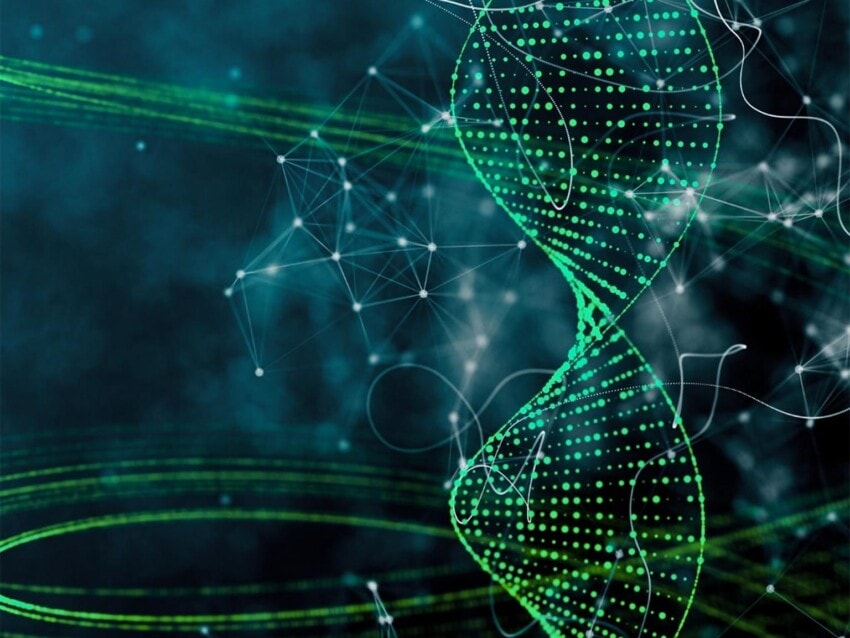
Cancer Research & Immuno-Oncology Virtual Week
Webinar 1
Oct 4, 2022 │ 7:30AM (PDT)
The Invasive Niche of Basal Cell Carcinoma as Revealed by Integrated Multi-Omics with Live Q&A
Tumors invade surrounding tissue as cancer progresses, but the heterogeneity of cell types at the tumor-stroma interface and the complexity of their interactions have hampered the mechanistic insight required for efficient therapeutic targeting. In this webinar, I will discuss a recently published study whereby combining single-cell and spatial transcriptomic data taken from human basal cell carcinomas, we defined the cellular contributors to tumor progression. In the invasive niche, tumor cells exhibit a collective migration phenotype characterized by the expression of cell-cell junction complexes. In close proximity, we identified cancer-associated fibroblasts with extracellular matrix-remodeling features. Tumor cells strongly express the cytokine Activin A, and an increased Activin A-induced gene signature was found in adjacent cancer-associated fibroblast subpopulations. Altogether, our data identify cell populations and their transcriptional reprogramming that contribute to the spatial organization of the invasive niche of basal cell carcinoma. In this study, we have demonstrated the power of integrated spatial and single-cell multi-omics to decipher the properties of invasive niches in cancer and develop targeted therapies.

Laura Yerly, PhD Candidate
Lausanne University Hospital CHUV
Laboratory of François Kuonen
Speaker Bio
Laura Yerly is currently a Ph.D. candidate in François Kuonen’s lab in the Cancer and Immunology Program at Lausanne University Hospital CHUV, where she works on the pathogenesis of basal cell carcinoma. Prior to joining Dr. Kuonen’s lab in Lausanne, she received her M.Sc. in Biomedical Sciences at the University of Bern and her B.Sc. in Biomedical Sciences at the University of Freiburg.
Webinar 2
Oct 4, 2022 │ 1:30PM (PDT)
Genomic biomarker for predicting response in early breast cancer patients
Human solid tumors, like breast cancers, represent a heterogeneous group of diseases that is best demonstrated through many differences in clinical outcomes within homogenously treated patient sets. It is my belief that through a better understanding of the genomics and biology of a given cancer type, we can make important advancements in predicting patient response to therapy, which will ultimately lead to improvements in patient outcomes. Advances in genomic technologies, and drug developments, have already led to improved outcomes for women with breast cancer; nevertheless, there is still a pressing need for additional therapeutic options guided by predictive biomarkers for aggressive tumors; there is also the question of whether patients with good prognoses need aggressive treatments. Resistance to endocrine therapies has been mainly studied in HR+/HER2- BC and includes down-regulation of estrogen receptor (ER) expression, altered expression of ER co-regulators, presence of ER mutations, ligand-independent activation of ER and co-activators by growth factor receptor kinases. However, those mechanisms might differ between HER2+ and HER2- tumors, in part due to the differential distribution of intrinsic subtypes within each BC subgroup. My research goal is to develop predictive signatures of aromatase inhibitor response and address the clinical challenge of identifying patients who are likely to benefit from each of the specific therapies. In this webinar, I will discuss the current and potential future clinical implications of molecular subtyping and immune features on HR+ breast cancer tumors to predict treatment response.

Maggie Cheang, Ph.D.
Team Leader of Integrative Genomic Analysis in Clinical Trials
The Institute of Cancer Research, London UK
Speaker Bio
Dr. Maggie Cheang grew up in Vancouver, Canada, and obtained her Ph.D. in Pathology and Laboratory Medicine at the University of British Columbia. She received a Canadian Cancer Society/Terry Fox Foundation Postdoctoral Fellowship to train at the Lineberger Comprehensive Cancer Center at the University of North Carolina. Her work has been instrumental in identifying and validating multiple clinically recognized biomarkers, one of which has been implemented into clinical practice guidelines. She consults on several trial management and translational research committees for phase II and III trials. She currently serves as an Associate Editor of BMC Cancer and a Steering Committee member for the National Cancer Research Institute (NCRI) CM-Path Clinical Trials Pathology Advisory Group (CT-PAG) and leads the Biomarker reference subgroup within the Cellular Molecular – Pathology Initiative (Discovery work stream). Dr. Cheang also co-invented the 50 genes-based classifiers for the breast cancer intrinsic subtypes (PAM50.)


